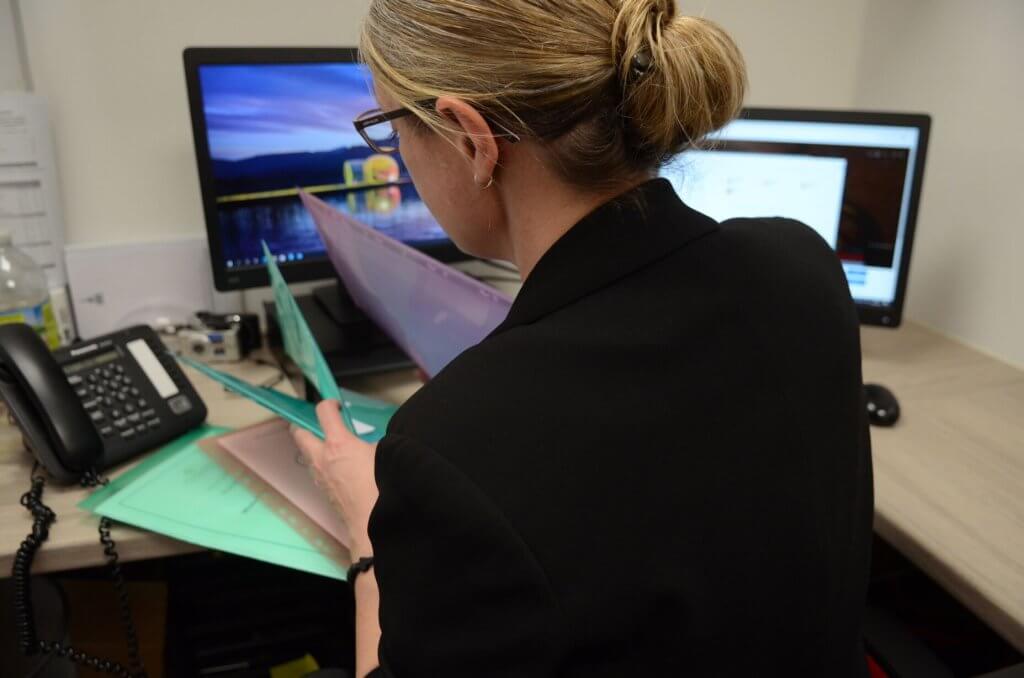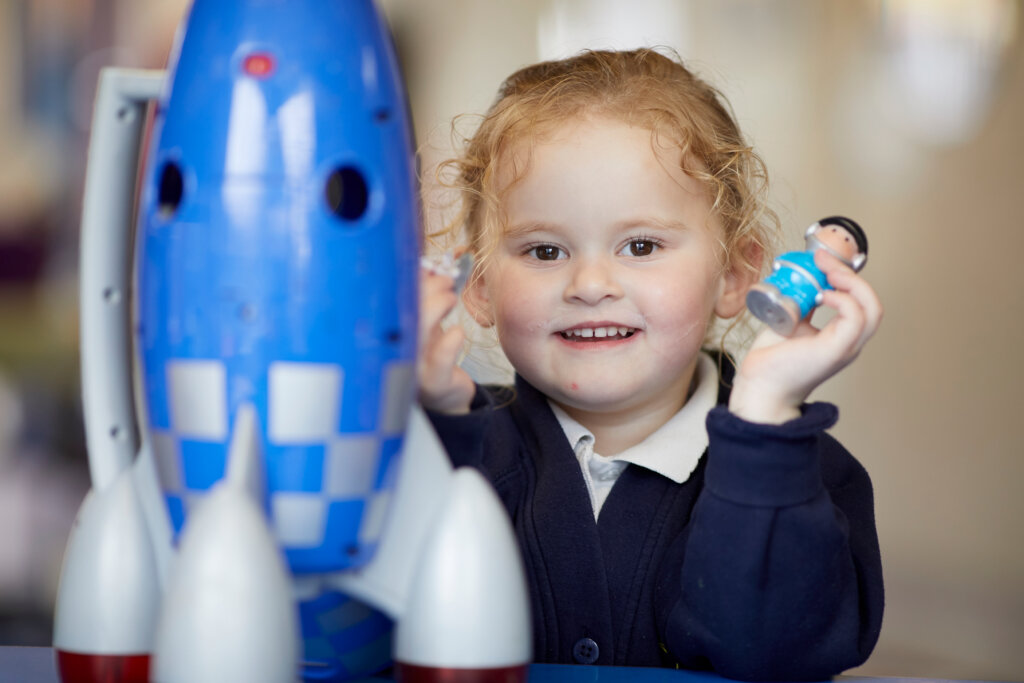As educators, we recognise the importance of play and its impact on children’s learning and development. But play also plays a crucial role in supporting children’s emotional and psychological development. In fact, play therapists can leverage the natural medium of play to help children express their feelings, understand their experiences, and develop essential coping skills.
Play therapists work in a variety of educational settings, including mainstream classrooms, special schools, and alternative provision to support children and young people with a diverse set of needs and challenges. In this blog, we will explore the essential role of play therapy in these contexts, highlighting its benefits and practical applications.
Understanding Play Therapy
Play therapy is based on the idea that play is a natural form of expression for children. In a therapeutic setting, play therapists create a safe and supportive environment where children can engage in play, using toys and creative play materials to express thoughts and feelings. Through play, children can act out their experiences and emotions, often revealing their internal struggles in a way that feels safe and manageable. This method is particularly effective for young people who may find verbal communication challenging.
Working in SEND Settings
Children with special educational needs or disabilities (SEND) often face unique social and emotional challenges that can impact their wellbeing and academic performance. Play therapy provides a playful and interactive approach to help these students express their feelings, improve social skills, and build self-esteem. Through structured play activities, children can learn to navigate social situations, collaborate with peers, and develop problem-solving skills while feeling understood and accepted.
Mainstream Schools
In mainstream educational settings, play therapy can serve as an effective intervention for students dealing with anxiety, bullying, or social challenges. The playful nature of therapy allows children to explore complex emotions and situations in a non-threatening way, facilitating emotional processing and resilience. Techniques such as role-play or storytelling can empower students to practice ways to handle challenging social interactions, providing them with tools to boost their confidence and handle difficult situations outside of the therapeutic environment.
Alternative Provision
Alternative provision settings often serve pupils who may be facing behavioural challenges or who are at risk of being excluded from traditional educational settings. Play therapy can be an integral part of these environments by offering a creative and non-judgmental space for self-expression. Engaging in play can help young people explore their feelings, develop empathy, and learn new coping strategies. As they engage in play-based activities, students gain insight into their behavior and emotions, which can lead to improved relationships and behaviour in the classroom.
Supporting Adopted and Looked After Children
Children who have been adopted or are in foster care often experience significant emotional challenges related to loss, identity, and attachment. Play therapy can provide a healing avenue for these children, allowing them to express their feelings of grief, abandonment, or hope in a way that feels safe. Through play, they can recreate their experiences, gain a sense of empowerment, and develop resilience. By engaging in therapeutic play, these children can work through their complex emotions and begin to build new narratives about themselves and their futures.
Refugees and Disenfranchised Young People
Children that arrive in new countries as refugees often face cultural and emotional challenges. Play therapy offers a universal medium through which these pupils can express their experiences and feelings without the need for language. Engaging in play can provide a sense of normalcy and comfort, helping them process trauma while fostering connections with peers. Incorporating elements from their cultural backgrounds into play therapy can further enhance the therapeutic experience, promoting inclusion and understanding within the school community.
The role of play therapy in schools – whether among pupils with SEND, looked-after children, refugees, or those feeling disenfranchised – cannot be overstated. By harnessing the power of play, play therapists can offer essential support that fosters emotional wellbeing, resilience, and personal growth.
As educational settings continue to adapt to emerging needs and trends in the local context, play therapy stands out as an innovative and effective method for fostering connection and healing among young people. Ultimately, play therapy not only helps pupils confront their challenges but also empowers them to transform their experiences into playful and enriching narratives of hope, identity, and resilience.
Please get in touch to find out how our Play Therapists can support your pupils.
Please complete the form below and we will get in contact as soon as we can to help you with your query.
















